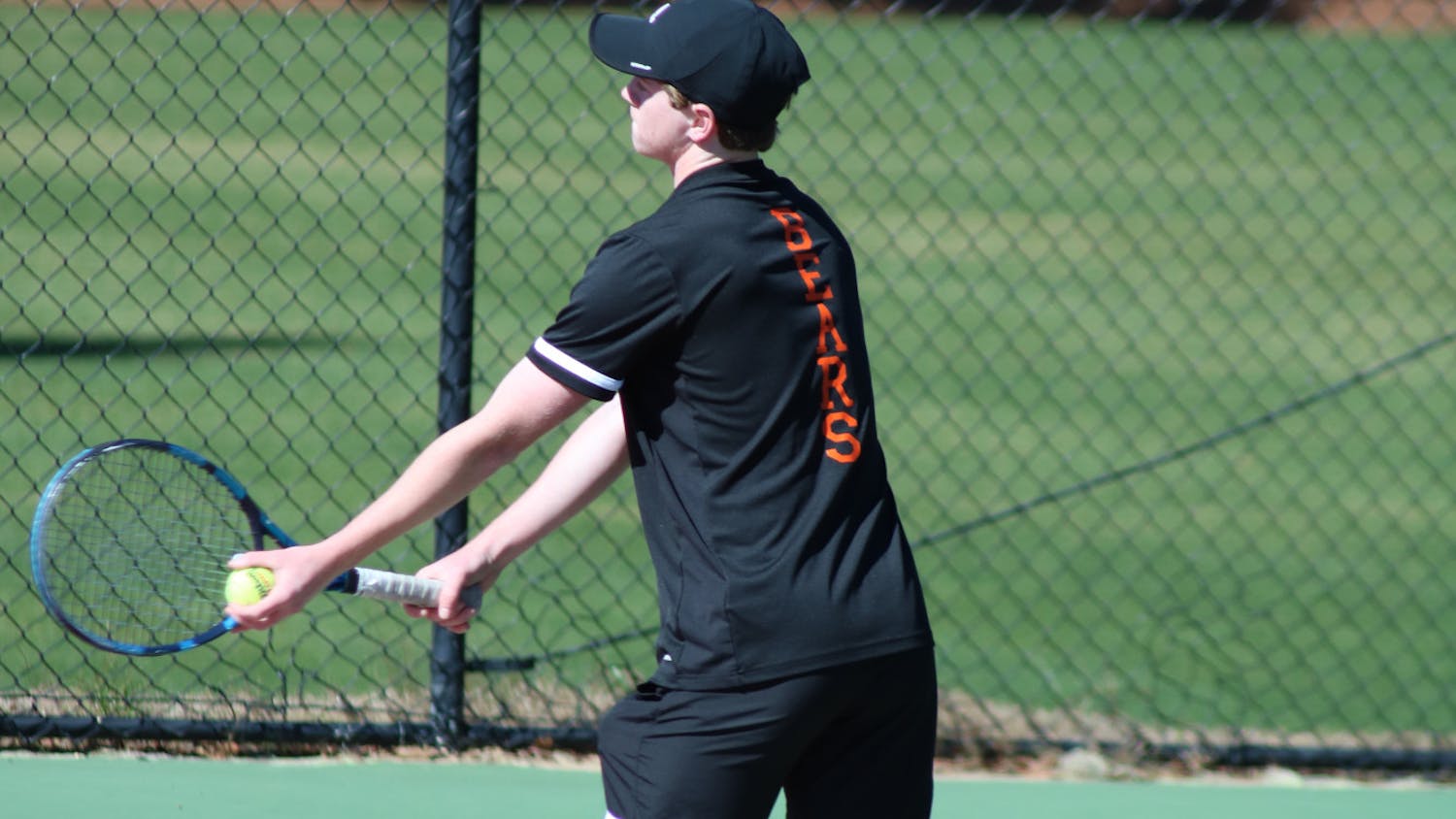This is an opinion article. Any views expressed belong solely to the author and are not representative of The Cluster.
On March 3, as Women’s History Month began, the Higher Education Committee of the Georgia State Senate passed a bill — SB 266 — that would bar transgender girls and women at public schools from playing sports on teams that match their gender identities.
The bill, deceptively nicknamed the “Save Girls’ Sports Act,” now heads to the full state Senate for a vote. If passed, SB 266 will “affect Georgia’s public schools and private schools where teams compete against public schools, as well as colleges in the University System of Georgia,” according to Georgia Public Broadcasting.
With that nickname and the rhetoric they’ve used, state lawmakers are pretending that denying trans girls equal access to sports is somehow a feminist attempt at “protecting” women and womanhood. Nothing could be further from the truth.
“More than 6.8 million high school students live in 16 states that already have fully-inclusive transgender sports policies,” said Shannon Clawson of Georgia Equality, the state’s largest LGBTQIA+ advocacy group. “Millions of students are already able to play alongside transgender students, some since 2008, and girls’ sports participation has not suffered as a result.”
Clawson’s right: the available data points to the fact that trans girls are girls, and are not a threat to sports. According to the New York Times, “scientists have long said there is no single biological factor that determines sex, and the sex assigned at birth is not considered the sole determinant of gender.”
While proponents of SB 266 argue that trans girls have biological advantages over cisgender girls that would make their participation on girls’ teams unfair, “transgender girls who medically transition at an early age do not go through male puberty;, and therefore their participation in athletics as girls does not raise the same equity concerns that arise when transgender women transition after puberty,” according to Ohio Equality. The group released the statement after a bill similar to Georgia’s SB 266 was proposed in Ohio in 2020.
The Women’s Sports Foundation, a U.S. group advocating for the rights of women and girls in sports, affirms that trans girls are placed “in the same general range of strength and performance exhibited by (cisgender) females who are competing.”
Even when women transition after puberty, experts and advocates agree their participation doesn’t undermine women’s sports. The National Collegiate Athletic Association, which formally opposed bills similar to SB 266 in other states around the country this year, allows trans women who have been on testosterone-suppressing medication for one year to play on women’s teams. The Olympics also allows trans women to participate after they have reduced their testosterone levels to a certain mark. Why should high school sports be more exclusive than the Olympics?
For those who worry that cis boys would claim to be trans in order to play for a girls’ team and secure some kind of additional advantage in athletics, I question whether you can think of any boy who might do that. In over 40 years of collecting data on this issue, never once has a cis person been found trying to play for a team that does not align with their gender in order to gain an advantage, according to Ohio Equality.
“The decision to transition from one gender to the other — to align one’s external gender presentation with one’s internal sense of gender identity — is a deeply significant and difficult choice that is made only after careful consideration and for the most compelling of reasons,” the organization said in a statement. “Gender identity is a core aspect of a person’s identity, and it is just as deep-seated, authentic and real for a transgender person as for others.”
SB 266 is nothing more than a lack of willingness to acknowledge the fact that trans girls are girls. If you still think your representatives who support SB 266 care about girls’ athletics, ask yourself: where was this supposed concern before it involved allowing trans girls equal access?
In U.S. public schools, “girls receive far fewer opportunities to play sports than boys do, as well as inferior treatment in areas such as equipment, facilities, coaching and publicity,” according to the National Women’s Law Center. In fact, a NWLC report found that high schools provide 1.2 million fewer chances for girls to play sports than boys. That’s despite the Title IX requirement that institutions receiving federal funds offer equal opportunities for women and men in sports.
Can you guess the worst-ranking state for gender inequity in high school sports? Surprise! It’s Georgia. Now tell me again how Georgia state senators are interested in “saving” girls’ sports.
I wish they were truly dedicated to supporting girls’ athletics: data show that sports are empowering for girls on multiple levels, and that’s a cause worth fighting for.
According to the NWLC, playing on a girls’ sports team is correlated with better grades, a diminished chance of dropping out of high school and a higher rate of college acceptance and graduation. Women who played sports in high school also report higher salaries, are more likely to have a leadership role at work and are more likely to work in traditionally male-dominated fields. They’re healthier, both physically and mentally, and report a higher quality of life.
Banning trans girls from participating in an empowering activity that cis girls may access with no questions asked is nothing more than thinly-veiled transphobia.
Georgia girls’ sports do need to be saved — but SB 266 won’t do it.
OPINION: The ‘Save Girls’ Sports Act' is an attack on women’s rights disguised as empowerment

Photo by Lena Balk via Unsplash




